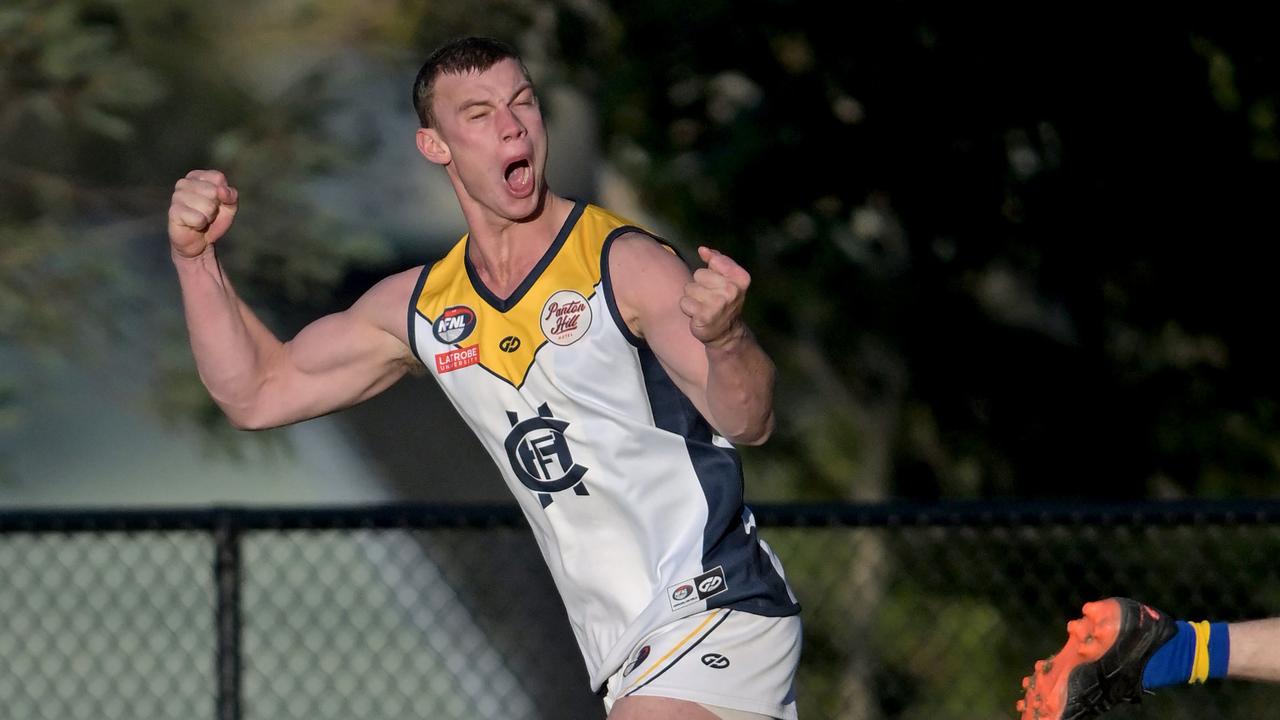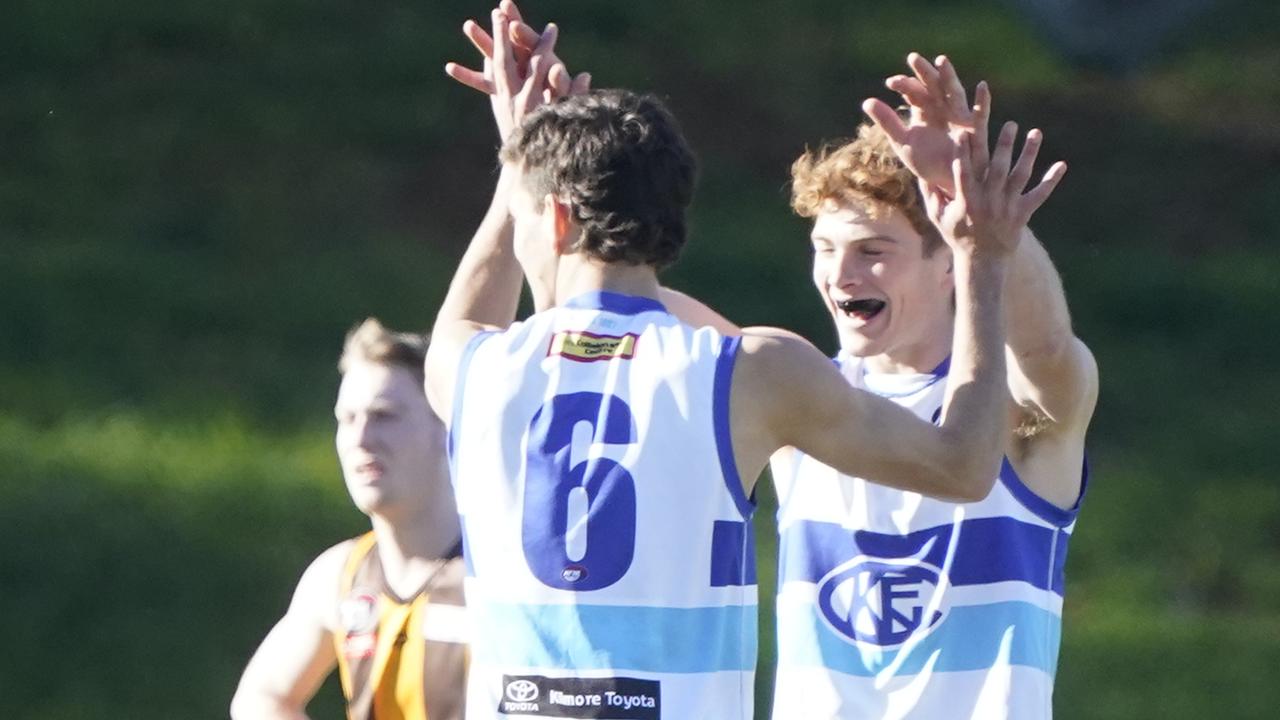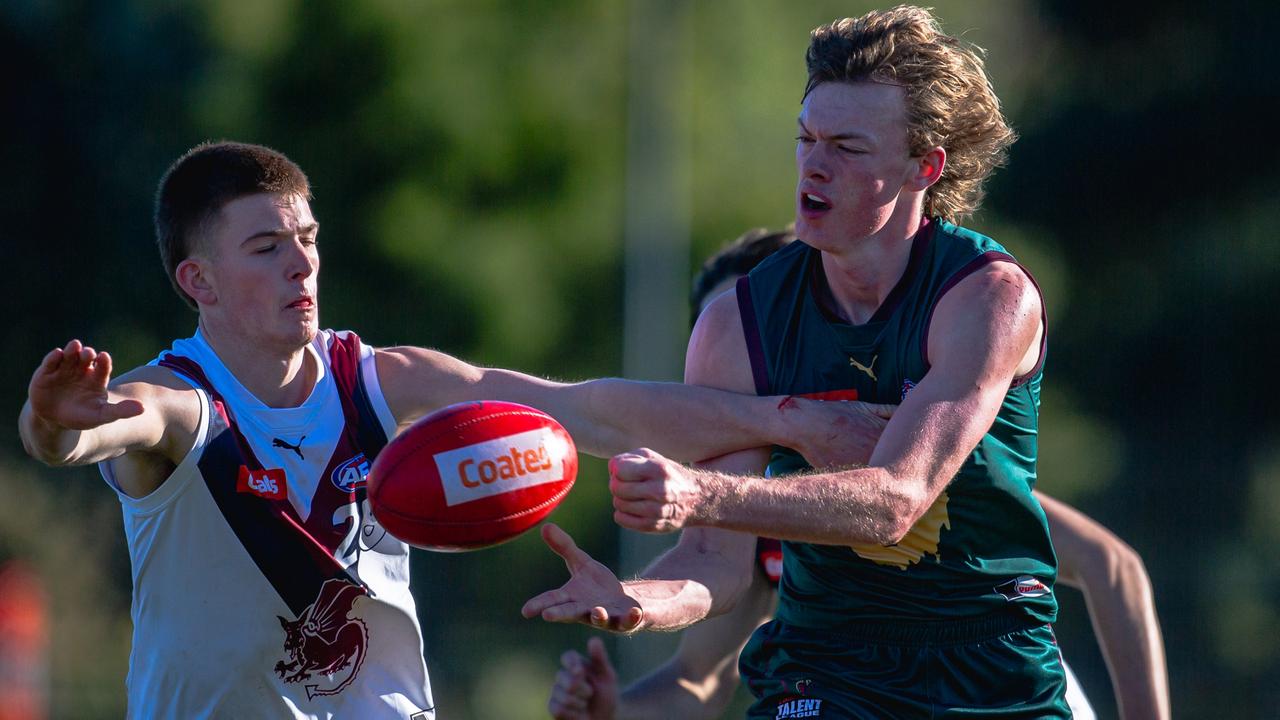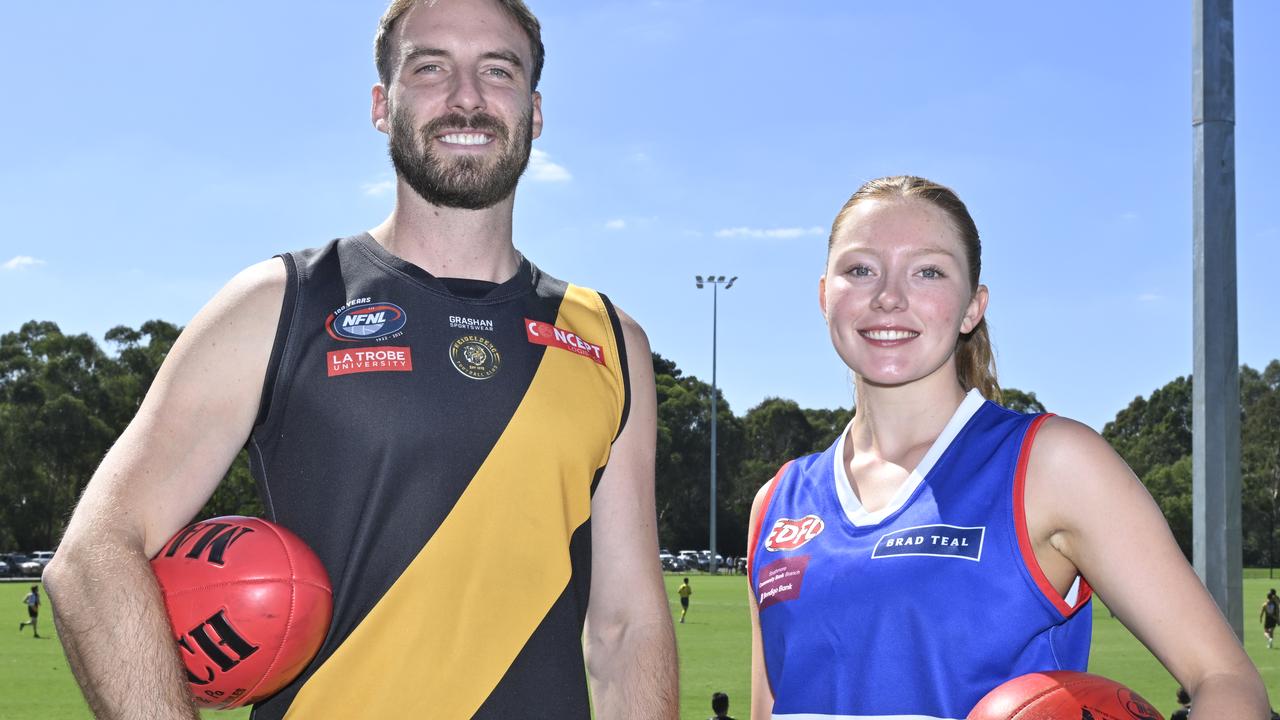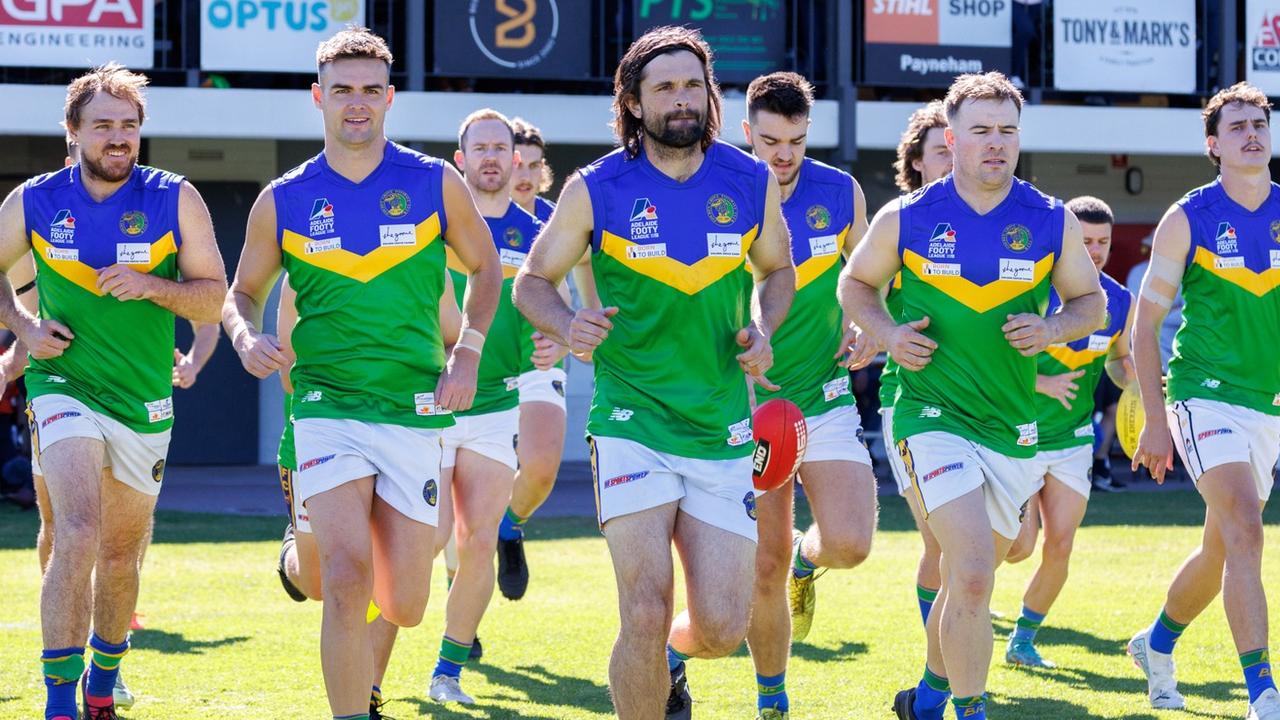Analysis: Perth Demons needs similar WAFL recruiting concessions as those granted to West Coast
The West Australian Football Commission unilaterally granted West Coast’s struggling WAFL team concessions, but Perth is the team that desperately needs help writes MARK DUFFIELD.
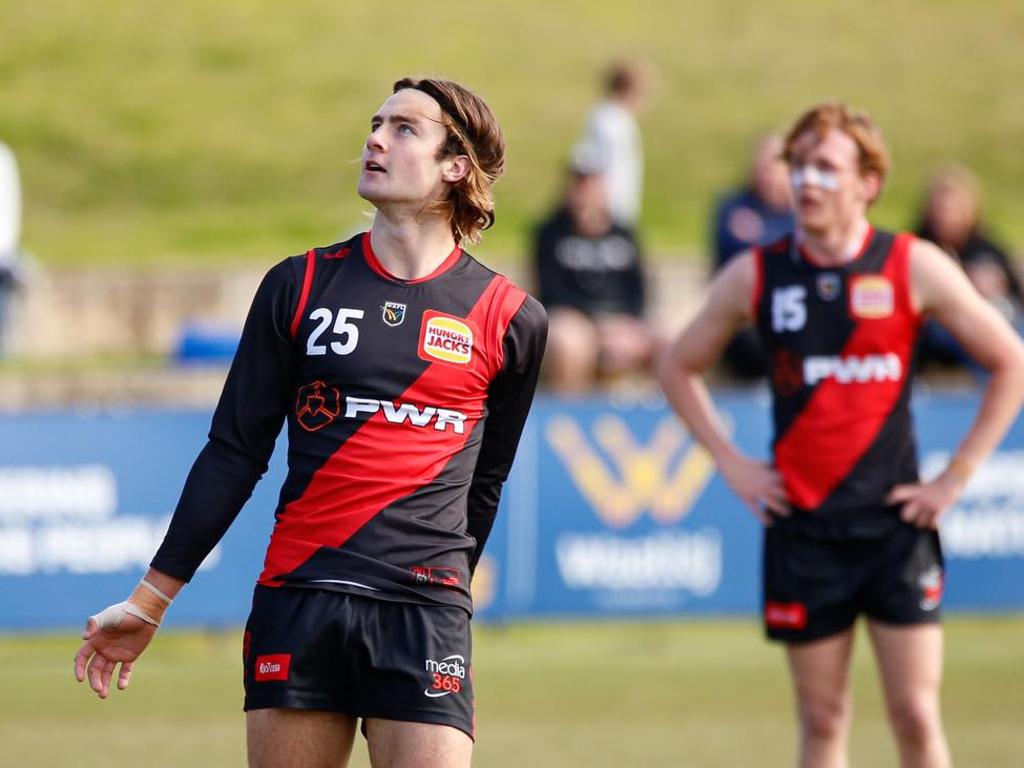
Local Footy
Don't miss out on the headlines from Local Footy. Followed categories will be added to My News.
When WAFL clubs front the West Australian Football Commission on why the commission unilaterally granted West Coast’s WAFL team improved recruiting concessions for 2024 the question they should ask is not why West Coast but why not Perth as well?
It is understood that the clubs will have to wait for the return of WAFC chairman Wayne Martin from overseas before they get a hearing after the commission ruled on improving the Eagles WAFL list building conditions for 2024 after the Eagles third wooden spoon in a row and a winless season.
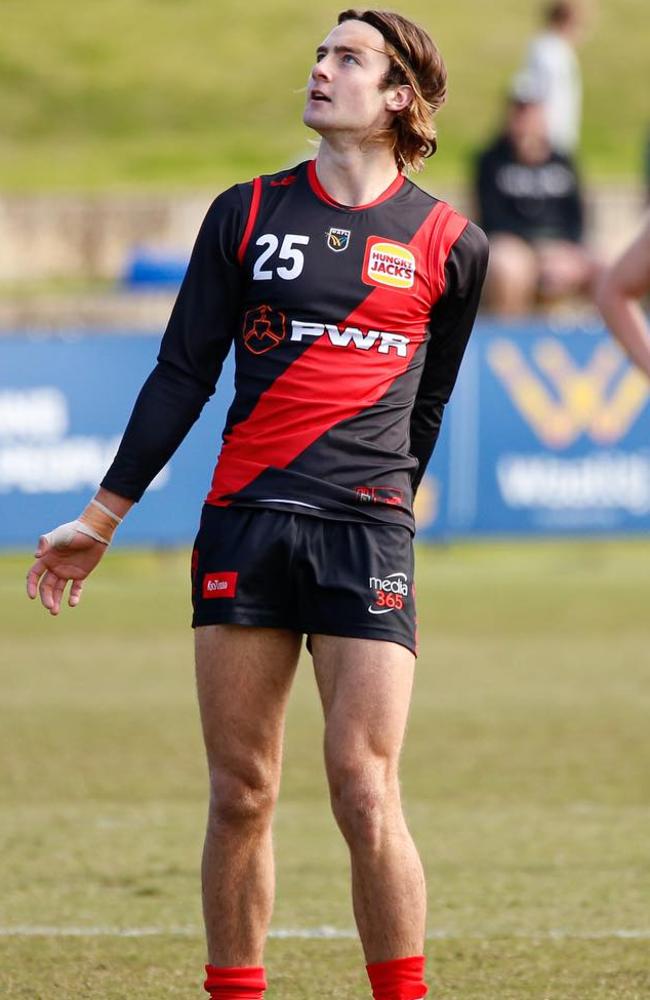
But it begs the question: With Perth 46 years on from the club’s last flag and only a handful of years in between that 1977 premiership and the present day when the Demons have played finals, how long do the Demons have to trail the competition before they get help?
The last finals appearance came in 2020 – the season affected by Covid when Perth managed to finish fourth before being beaten in an elimination final.
That appearance, in a modified competition when all clubs were compromised in their ability to put full strength teams on the park, had broken a 23 year finals drought going back to 1997.
And that finals berth in turn broke 11 years minus finals going back to 1986.
In early September the WAFC announced a series of improvements to West Coast’s list building conditions aimed at putting a more competitive team on the field in 2024.
They will be able to pay 60 per cent of the Total Player payments of other clubs who operate with a TPP of $245,000. This is a significant upgrade from a previous model which set the Eagles apart from other WAFL clubs with the capacity to lure four “marquee” players with upfront payments of $25,000 and $500 per game and match payments of between $350 and $400 for others.
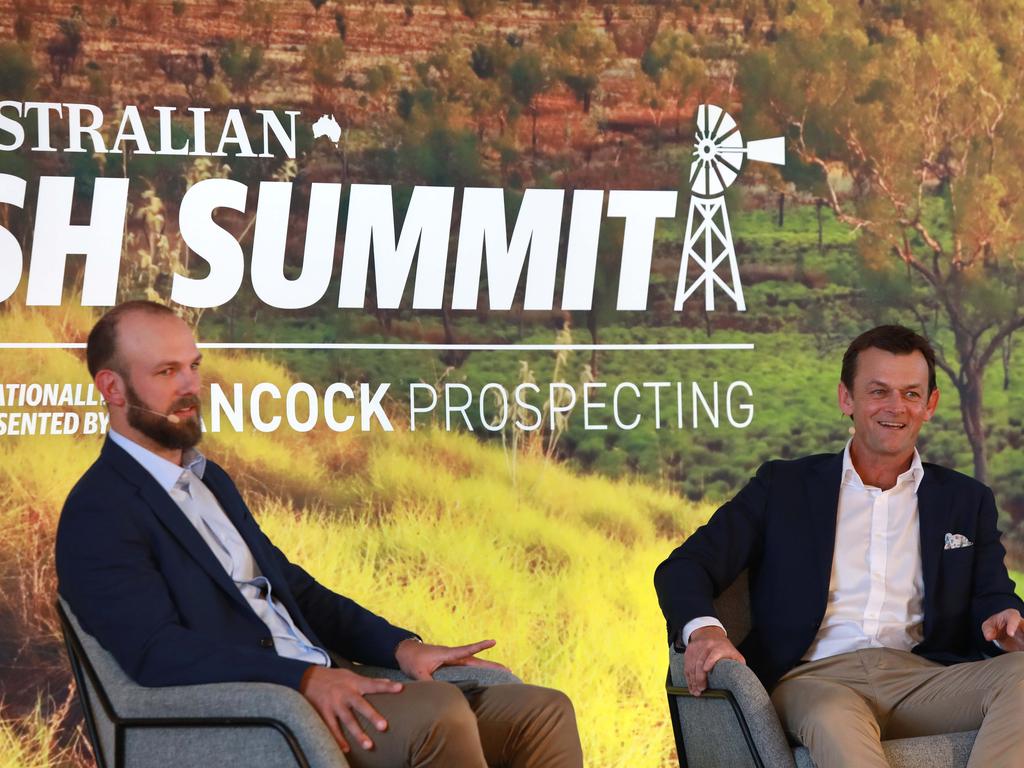
. The WAFC also increased the recruitment points for the Eagles from 65 to 70.
The new conditions will also allow the Eagles to target recruiting players who have just left the club, replacing a three year ban on such recruitments which gave those players a chance to return to their former WAFL clubs.
The initial recruiting rules for West Coast’s WAFL team had clearly erred on the harsh side and when the situation was complicated by injury and Covid in 2022 and injury in 2023 the result was a decimated and uncompetitive team.
West Coast won one and lost 17 matches in 2022 with a percentage of just under 49.
They lost 17 and drew one of their 18 games this year with a percentage of 39 this season.
They had finished last with four wins in 2021, below only Perth (on percentage).
The WAFC concern for the Eagles is obvious and for good reason. In order to properly develop young players the Eagles need them to play in a competitive team in a competitive competition.
Not only was this happening but veterans like Will Schofield had to be pulled out of retirement to help out in matches this season.
But while the WAFC concern for the Eagles development pathway is appropriate, it’s lack of support for the battling Demons simply doesn’t cut the mustard for a governing body that should have the health of every one of its key stakeholder clubs at the front of its mind all of the time.
You either believe that the Demons have had nobody at their club that’s been much good from a playing, coaching or administrative perspective for almost half a century, or you believe the far more likely reason for their lack of success – that they are operating at a significant competitive disadvantage to the rest of the WAFL competition and that significant disadvantage is ongoing and unhealthy for the entire WA football system.
There is a clear disparity between Perth’s metropolitan and country zones and those of a club like Claremont who have colts players who will not only receive elite coaching at the club, but also at prestigious private schools like Scotch College and Christchurch which are located adjacent to the Tigers training base in Perth’s wealthy western suburbs.
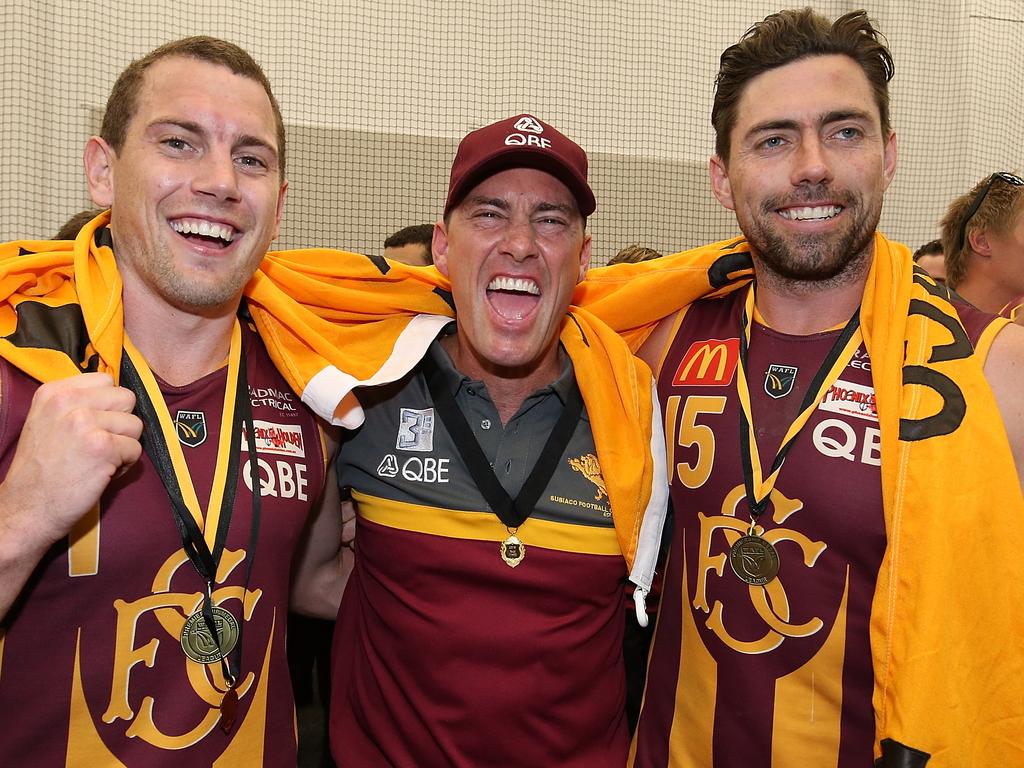
Claremont also draws on fertile country zones like Albany and the Kimberley region. Perth’s country zones are centred on dwindling populations in country towns in the Avon region where many football clubs are struggling for survival, let alone creating breeding grounds for elite junior talent.
WAFL Council of presidents spokesman Mark Stewart said the clubs would like an explanation of how the WAFC arrived at the position that it should act without the approval of other clubs to help the Eagles.
“We need to get together and have a bit of a chat just to understand the outcome and what was the process,” he said.
“We will meet in the next couple of weeks.”
“I was trying to go through the detail of it. They are obviously going to increase the TPP. There are a couple of minor adjustments. But I think it does need to be looked at in the context of other clubs.”
And he confirmed that the plight of Perth would almost certainly be part of the discussion.
“I think that is going to get raised. I think something is going to come out of that because I think Perth should be helped out in some way. They have got to be competitive,” he said.
If Stewart sounded a little diplomatic in his tone and language with those quotes, he had good reason to be, His Sharks are awaiting final WAFC judgment on salary cap breaches committed during the 2022 season. Their fiercest rival South Fremantle was penalised eight premiership points this season for similar retrospective breaches. It is fair to say that the Bulldogs are watching the outcome of the East Fremantle salary cap probe with elevated interest.
Would you like to gift this article?
Article gifting is only available to CODE Sports
Subscribers. Subscribe or login to share this article.
Subscribe


